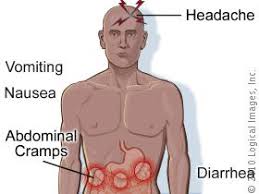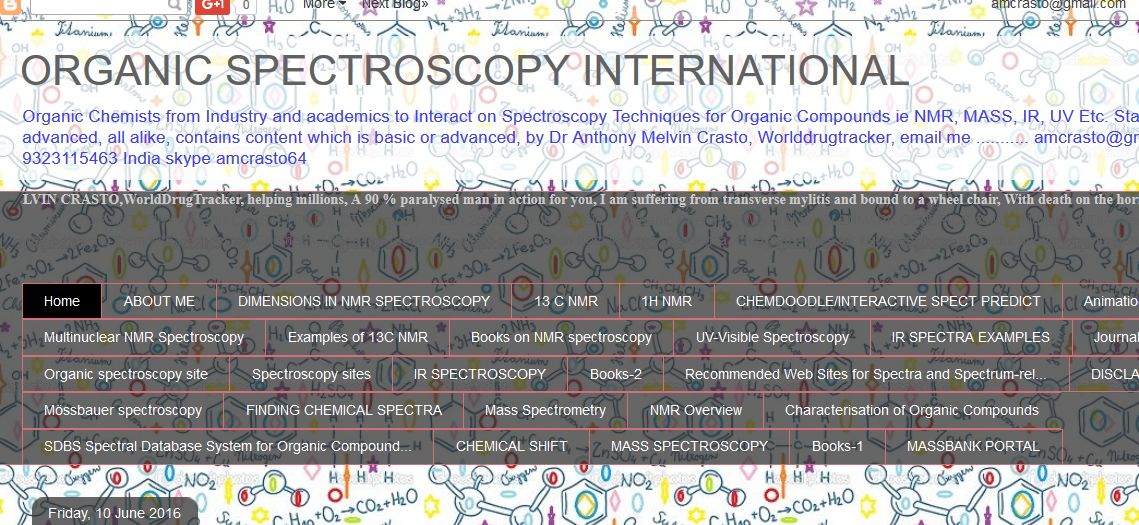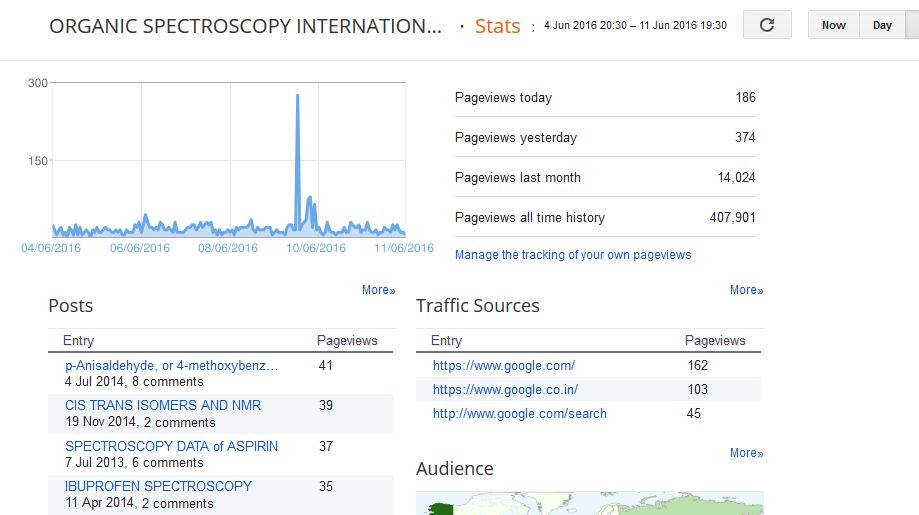REDWOOD CITY, Calif.—-PaxVax, today announced that it has received marketing approval from the United States (U.S.) Food and Drug Administration (FDA) for Vaxchora, a single-dose oral, live attenuated cholera vaccine indicated for use in adults 18 to 64 years of age. Vaxchora is the only vaccine available in the U.S. for protection against cholera and the only single-dose vaccine for cholera currently licensed anywhere in the world.
FDA Approves Vaxchora, PaxVax’s Single-Dose Oral Cholera Vaccine
“FDA approval of a new vaccine for a disease for which there has been no vaccine available is an extremely rare event. The approval of Vaxchora is an important milestone for PaxVax and we are proud to provide the only vaccine against cholera available in the U.S.,” said Nima Farzan, Chief Executive Officer and President of PaxVax. “We worked closely with the FDA on the development of Vaxchora and credit the agency’s priority review program for accelerating the availability of this novel vaccine. In line with our social mission, we have also begun development programs focused on bringing this vaccine to additional populations such as children and people living in countries affected by cholera.”
“As more U.S. residents travel globally, there is greater risk of exposure to diseases like cholera,” added Lisa Danzig, M.D., Vice President, Clinical Development and Medical Affairs. “Cholera is an underestimated disease that is found in many popular global travel destinations and is thought to be underreported in travelers. Preventative measures such as food and water precautions can be challenging to follow effectively and until now, U.S. travelers have not had access to a vaccine to help protect against this potentially deadly pathogen.”

Cholera is an acute intestinal diarrheal infection acquired by ingesting contaminated water and food. Annually, millions of people around the world are impacted by this extremely virulent disease1 which can cause death in less than 24 hours if left untreated2. More than 80 percent of reported U.S. cases3 are associated with travel to one of the 69 cholera-endemic countries4 in Africa, Asia and the Caribbean. A recent report from the Centers for Disease Prevention and Control suggests that the true number of cholera cases in the U.S. is at least 30 times higher than observed by national surveillance systems5. The currently recommended intervention to prevent cholera infection is the avoidance of contaminated water and food, but studies have shown that 98 percent of travelers do not comply with these precautions when travelling6.
“This important FDA decision is the culmination of years of dedicated work by many researchers,” said Myron M. Levine, MD, DTPH, the Simon and Bessie Grollman Distinguished Professor at the University of Maryland School of Medicine (UM SOM). “For travelers to the many parts of the world where cholera transmission is occurring and poses a potential risk, this vaccine helps protect them from this disease. It is a wonderful example of how public-private partnerships can develop medicines from bench to bedside.” Dr. Levine is co-inventor of the vaccine, along with James B. Kaper, PhD, Chairman of the UM SOM Department of Microbiology and Immunology. In addition, the Center for Vaccine Development at UM SOM worked closely with PaxVax during the development of Vaxchora.
The attenuated cholera vaccine strain used in Vaxchora is CVD 103-HgR, which was in-licensed from the Center for Vaccine Development at UM SOM in 2010. Vaxchora is expected to be commercially available in Q3 2016. Vaxchora will be distributed through PaxVax’s U.S. marketing and sales organization, which currently commercializes Vivotif®, an FDA-approved oral typhoid fever vaccine.
About Vaxchora (Cholera Vaccine, Live, Oral)
Vaxchora is an oral vaccine indicated for active immunization against disease caused by Vibrio cholerae serogroup O1. Vaxchora is approved for use in adults 18 through 64 years of age traveling to cholera-affected areas. The effectiveness of Vaxchora has not been established in persons living in cholera-affected areas or in persons who have pre-existing immunity due to previous exposure to V. cholerae or receipt of a cholera vaccine. Vaxchora has not been shown to protect against disease caused by V. cholerae serogroup O139 or other non-O1 serogroups.
The FDA approval of Vaxchora is based on positive results from a 10 and 90-day cholera challenge trial, as well as two safety and immunogenicity trials in healthy adults that demonstrated efficacy of more than 90 percent at 10 days and 79 percent at 3 months post vaccination7. The most common adverse reactions were tiredness, headache, abdominal pain, nausea/vomiting, lack of appetite and diarrhea. More than 3,000 participants were enrolled in the Phase 3 clinical trial program that evaluated Vaxchora at sites in Australia and the United States.
For the full Prescribing Information, please visit www.vaxchora.com.
About PaxVax
PaxVax develops, manufactures and commercializes innovative specialty vaccines against infectious diseases for traditionally overlooked markets such as travel. PaxVax has licensed vaccines for typhoid fever (Vivotif) and cholera (Vaxchora), and vaccines at various stages of research and clinical development for adenovirus, anthrax, hepatitis A, HIV, and zika. As part of its social mission, PaxVax is also working to make its vaccines available to broader populations most affected by these diseases. PaxVax is headquartered in Redwood City, California and maintains research and development and Good Manufacturing Practice (GMP) facilities in San Diego, California and Bern, Switzerland and other operations in Bermuda and Europe. More information is available at www.PaxVax.com.

References:
1 Centers for Disease Control and Prevention. Cholera: General Information. November 2014. http://www.cdc.gov/cholera/general. Accessed June 2016.
2 World Health Organization website. Cholera Fact Sheet. July 2015. http://www.who.int/mediacentre/factsheets/fs107/en/. Accessed June 2016.
3 Loharikar A et al. Cholera in the United States, 2001-2011: a reflection of patterns of global epidemiology and travel. Epidemiol Infect. 2015;143(4):695-703. doi:10.1017/S0950268814001186.
4 Ali M et al. Updated global burden of cholera in endemic countries. PLoS Negl Trop Dis. 2015; 9: e0003832 doi: 10.1371/journal.pntd.0003832.
5 Scallan E et al. Foodborne Illness Acquired in the United States –Major Pathogens. Emerg Infect Dis. 2011. http://dx.doi.org/10.3201/eid1701.P11101.
6 Kozicki M et al. Boil it, cook it, peel it or forget it’: does this rule prevent travellers’ diarrhoea?. Int J. Epidemiol. 1985; 14(1):169-72.
7 Chen WH et al. Single-Dose Live Oral Cholera Vaccine CVD 103-HgR Protects Against Human Experimental Infection with Vibrio cholerae O1 El Tor. Clinical Infectious Diseases 2016. 62 (11) 1329-1335. doi: 10.1093/cid/ciw145.




























